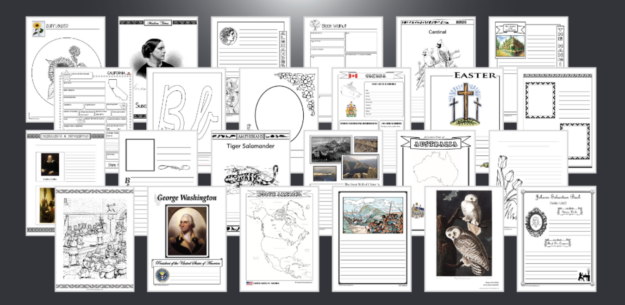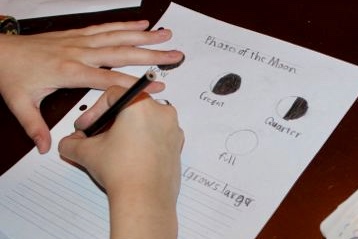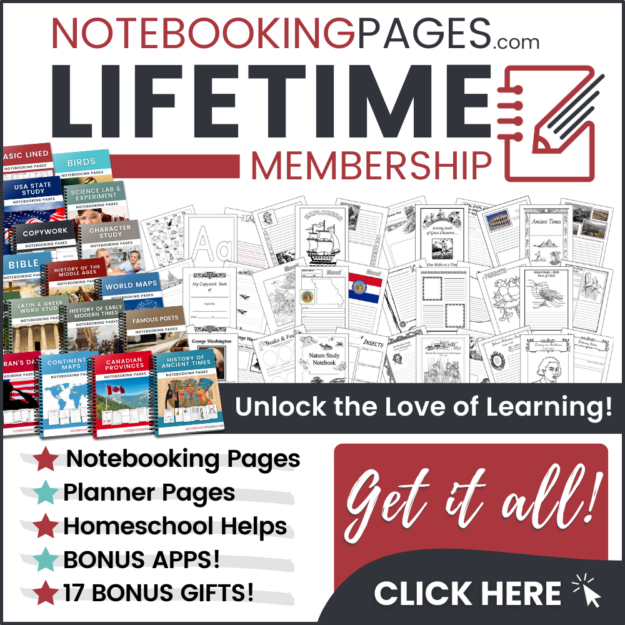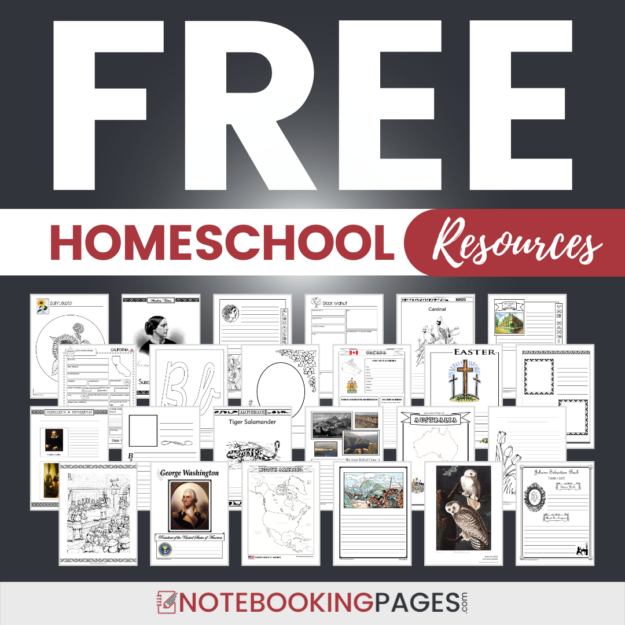
A friend recently lamented about her daughter’s struggle with passing history tests. “She’s doing the work, but she’s doing poorly on the exams.” What kind of exams were they? Multiple choice and fill-in-the-blank.
While test-taking in itself is a skill to learn simply because of the modern education movement, a more natural mode of assessment has always existed (although it was not really treated as an assessment in ancient times). What was it? Storytelling (or, in today’s language, narration).
When I first heard of narration, I honestly thought it would destroy my boys’ love of learning. I realize now how unfounded that idea was. After all, isn’t talking about a thing we enjoy what we normally do when we enjoy it? We naturally talk about a movie we’ve seen, about a place we remember visiting, about a book we’ve read, about how God has worked in our lives (our ebenezers).
But coming back to the original question, even if my children do well on a multiple-choice or fill-in-the-blank test, did they simply guess correctly? And is there long-term retention of the material they studied?
Narration is a way to help us evaluate what our children have actually learned. It helps us to catch mistakes in thinking and clarify concepts that they didn’t “get” quite right. It helps us to focus better, to listen better, to read more attentively. It provides a training ground for writing and composition and helps children to learn to communicate well. It teaches them to pay attention. Even later in life when they listen to sermons or lectures, they will benefit from learning to listen well in order to retain and remember.
When children are young, narration is simply the art of listening (or reading) and telling back orally what was heard (or read). However, as children grow older, it transforms into composition through written narration or “notebooking.” We are currently in this transition stage with our youngest as he starts to write some of his narrations.

All notebooking takes is paper and a pencil or pen. But a little inspiration can go a long way. That’s where a resource like Notebooking Pages comes in.
Notebooking Pages provides visually-appealing templates for hundreds of topics, including Bible, missionaries, geography/maps, nature study, history, artists, composers, literature, and more. A personal favorite includes the science-related pages, as many of them include coloring sheets for younger children and diagrams of the human body systems, flowers and trees, and physical science concepts.
Notebooking Pages Lifetime Membership provides thousands of searchable pre-made templates, homeschooling planner pages, a notebooking page generator (to make your own customized templates), homeschool tutorials, and more. We wanted to make you aware of this great resource in case you’d like to embark on a new {old} way of assessing your student’s learning.
If you’d like to learn more about narration, please give us a shout! Whether you opt for Notebooking Pages or simply use plain composition books, we’ll be glad to help you get started in your family!
If you’d like to try before you buy, you can sign up here to receive over 3,000 FREE notebooking pages from NotebookingPages.com.


